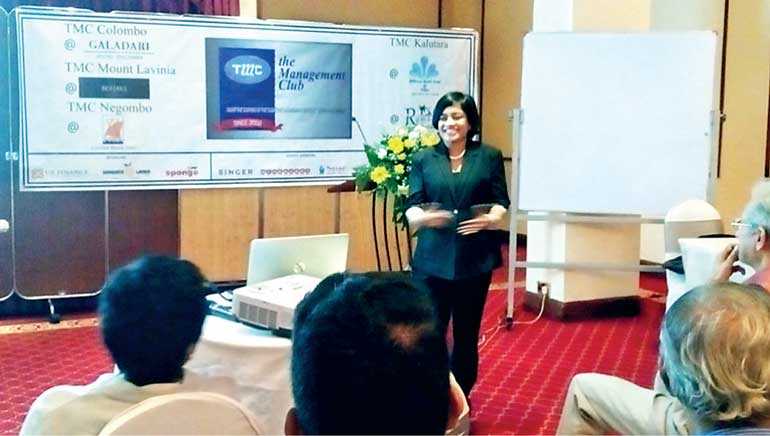Friday Feb 20, 2026
Friday Feb 20, 2026
Monday, 16 December 2019 01:05 - - {{hitsCtrl.values.hits}}


By Dr. Madhu Fernando
Companies today turn to Project Management to consistently deliver business results, as it leads to many benefits including clear requirements, high quality output, time and cost savings, reduced inefficiencies, managed risk, better communication among stakeholders and increased customer satisfaction.
According to a 2010 Economic Intelligence report, 80% of the executives believed that having project management as a core competency helped them remain competitive in the time of recession. Project Management requires you to plan, breakdown tasks, prioritise, allocate time, allocate cost, allocate resources without wasting them unnecessarily and monitor and control any variations until the projects are successfully delivered to the client.
When applied effectively, Project Management focus on many disciplines which can drive organisations to success by bringing together everything from strategy to delivery in a systematic way, with no room for failure.
There are 10 knowledge areas introduced by the Project Management Institute (PMI) USA. Knowledge areas cover Project Integration, Project Scope Management, Time, Cost and Resource Management, Quality Management, Procurement Management, Risk Management, and Communication and Stakeholder Management to facilitate project success. Projects have set goals, specific time and cost limits and set out to deliver unique products, service or results. Other operational and strategic undertakings in organisations can also benefit with the ‘Management by Project’ approach, applying project management techniques and 10 Knowledge Areas of Global Project Management standards.
How to maximise benefits of Project Management
A recent survey conducted by McKinsey found nearly 60% of the senior executives believe that building a strong project management is one of their top three priorities. But how would an organisation ensure it will deliver the expected value?
Creating a strong Project Management culture is not a one-off project. It needs continuous commitment and consistency. It requires management support and should always be top-driven. A Project Manager expects the organisation to provide them with a clear vision, strategies and tools and techniques that help them do things better. Project Managers expect the organisation to support them when management decisions have to be made.
Take a common example where senior management are required at the project steering committee meetings. How many senior executives turn up regularly? Only when things have been escalated to the highest levels does everyone panic and join the meeting. An approach where you apply Project Management at all levels and support the Project team throughout the Project Life Cycle rather than trying to fix problems after it happened is what is required in a Project-Driven organisation.
Step by step guide
Start by assessing your organisational project management maturity and identify the areas for improvement.
Start implementing actions for improvement.
Structure your project team to support the vision of the organisation.
Share knowledge. Train project managers extensively and empower them to make project decisions.
Measure success using clear and realistic project-based KPIs. Some organisations try to achieve 100% success overnight. Be realistic.
Capture all the lessons learned to ensure no mistakes are repeated.
Repeat the process.
Dr. Madhu Fernando is a Project Program and Portfolio Management Consultant and Trainer and CEO of Innova Strategies. A dynamic member of The Management Club, she made a presentation on an important and often talked about topic ‘Project Management and how to maximise its benefits’. The audience participated in an interesting Q & A session. Dr. Fernando can be contacted via [email protected].